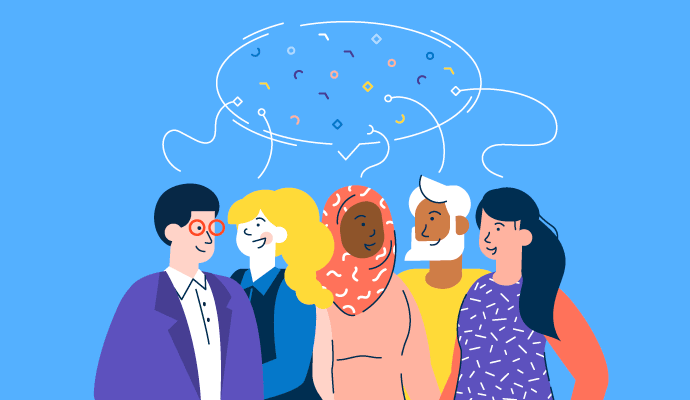
In our contemporary globalized society, where cross-border conversation is no longer the exception however the guideline, the significance of translation and interpretation offerings can not be emphasized sufficiently. In the middle of this complicated community of linguistic change lies the artwork of translation, a manner that transcends mere phrase-for-word conversion. It involves deciphering the subtle intricacies of subculture, context, and meaning, and correctly conveying them to permit effective communique throughout linguistic boundaries. In this article, we delve into the pivotal position that expert translation offerings satisfy in bridging cultural chasms and fostering cross-cultural expertise.
The Artistry in Translation
The translation is frequently likened to a sophisticated interaction among languages, comparable to a carefully choreographed dance where each motion should be done with precision to preserve the rhythm and essence of the original textual content. Professional translators or a serviço de tradução aren’t just bilingual people; they’re carried out linguists with a profound comprehension of both the source and goal languages. They own the capacity to navigate the complexities of grammar, syntax, and semantics even as finally sensitive to cultural nuances.
Capturing the intensity of idiomatic expressions, colloquialisms, and cultural references ingrained within language poses one of the most formidable challenges in translation. These factors are deeply rooted inside the cultural material of society and won’t have direct equivalents in different languages. For example, the Japanese concept of “wabi-sabi,” which celebrates the splendor of imperfection, or the German phrase “schadenfreude,” relating to the delight derived from the misfortune of others, poses particular demanding situations for translators.
Cultural Sensitivity in Translation
Cultural sensitivity is paramount in translation because it ensures that the message isn’t simply correctly conveyed but additionally contextually appropriate. A failure to not forget cultural nuances can cause misunderstandings, offense, or even diplomatic incidents. For example, a harmless gesture or phrase in a single tradition may additionally convey a vastly unique means in some other.
Professional translators are trained to navigate those cultural minefields with finesse, employing strategies including localization, model, and cultural mediation to bridge the gap among languages and cultures. They possess a deep appreciation for the cultural context of both the source and target languages, letting them navigate linguistic and cultural nuances with sensitivity and precision.
Impact on Business and Communication
The effect of translation & interpretation services extends a long way past character conversation; it performs a pivotal position in riding worldwide business and fostering diplomatic relations. In a trendy interconnected marketplace, corporations have to speak effectively with clients, companions, and stakeholders across linguistic and cultural obstacles.
Accurate translation enables businesses to reach new markets, enlarge their customer base, and set up credibility on an international scale. Whether it is translating advertising substances, legal files, or technical manuals, professional translators make sure that the message remains steady and culturally applicable across languages.
Moreover, within the realm of diplomacy and international family members, translation serves as an essential tool for constructing considering, facilitating negotiations, and fostering mutual knowledge between countries. From diplomatic summits to multilateral agreements, correct interpretation permits diplomats and officers to talk correctly and bridge cultural divides in pursuit of commonplace desires.
Technology and Translation
Advancements in generation have revolutionized the field of translation, providing new tools and methodologies to streamline the interpretation method. Machine translation, laptop-assisted translation (CAT) equipment, and neural machine translation (NMT) algorithms have made translation more available and green than ever before.
However, whilst the era has certainly progressed the speed and efficiency of translation, it cannot completely replicate the nuanced understanding and cultural sensitivity of human translators. Machine translation algorithms might also war with context, idiomatic expressions, and cultural nuances, main to inaccuracies or mistranslations.
The Future of Translation
As we appear to destiny, the position of expert translators remains quintessential in an increasingly globalized world. While the era will keep playing an extensive function in translation, human translators will remain important for navigating the complexities of language and lifestyle.
Emerging developments along with artificial intelligence (AI), herbal language processing (NLP), and massive facts are poised to reshape the translation panorama, imparting new opportunities and demanding situations for translators. However, the middle principles of accuracy, cultural sensitivity, and linguistic expertise will stay crucial to the exercise of translation.
Conclusion
In conclusion, expert translation or interpretation services play an essential function in bridging cultural divides and fostering go-cultural knowledge. By facilitating powerful verbal exchange between languages and cultures, translators function as ambassadors of goodwill, promoting unity and cooperation in an increasingly more diverse and interconnected international.